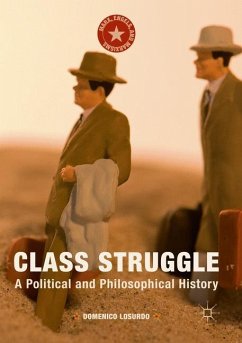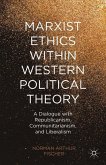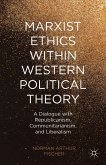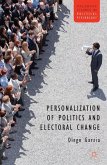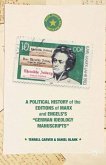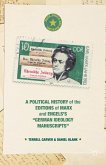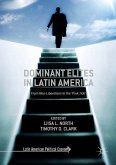Available for the first time in English, this book examines and reinterprets class struggle within Marx and Engels' thought. As Losurdo argues, class struggle is often misunderstood as exclusively the struggle of the poor against the rich, of the humble against the powerful. It is an interpretation that is dear to populism, one that supposes a binary logic that closes its eyes to complexity and inclines towards the celebration of poverty as a place of moral excellence. This book, however, shows the theory of class struggle is a general theory of social conflict. Each time, the most adverse social conflicts are intertwined in different ways. A historical situation always emerges with specific and unique characteristics that necessitate serious examination, free of schematic and biased analysis. Only if it breaks away from populism can Marxism develop the ability to interpret and change the world.
"Losurdo has comprehensively demonstrated that we can, and indeed should, question the context of the appearance or reappearance of many of the bourgeoisie's crypto-philosophical works. His book shows that class discourse, despite the best efforts of the corporate media, is not dead yet! ... ." (Thomas Klikauer, Labor History, Vol. 60 (3), 2019)
"In a learned, readable, historically rich, textually focused analysis, Losurdo, in a revisionary mode, aims to liberate Marx's and Engel's concept of class struggle from its entrenchment in a narrow, strictly economic frame. ... Summing Up: Recommended. Upper-division undergraduates through faculty." (G.D. Miller, Choice, Vol. 54 (11), July, 2017)
"In a learned, readable, historically rich, textually focused analysis, Losurdo, in a revisionary mode, aims to liberate Marx's and Engel's concept of class struggle from its entrenchment in a narrow, strictly economic frame. ... Summing Up: Recommended. Upper-division undergraduates through faculty." (G.D. Miller, Choice, Vol. 54 (11), July, 2017)

